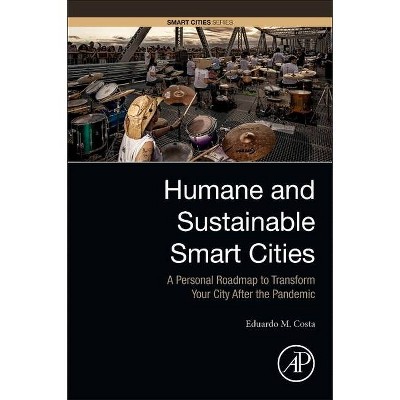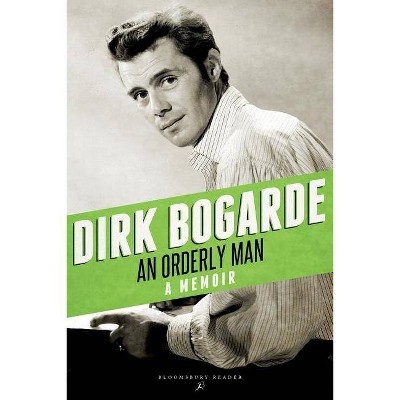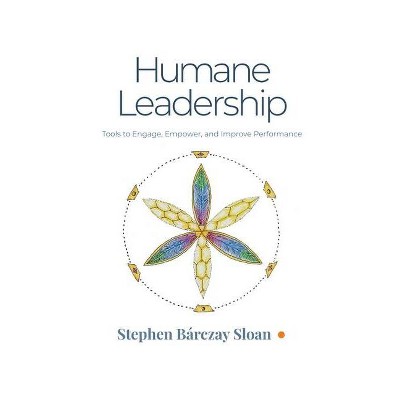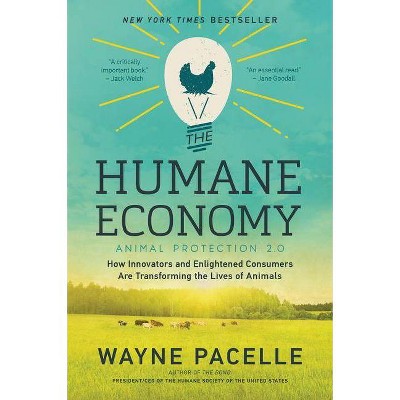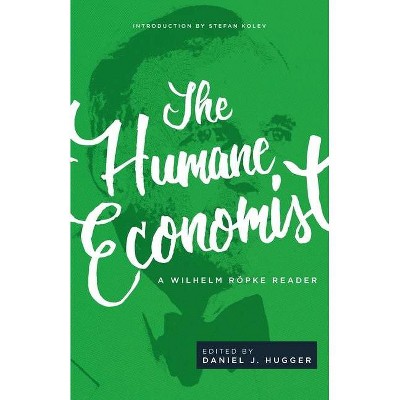Orderly and Humane - by R M Douglas (Paperback)
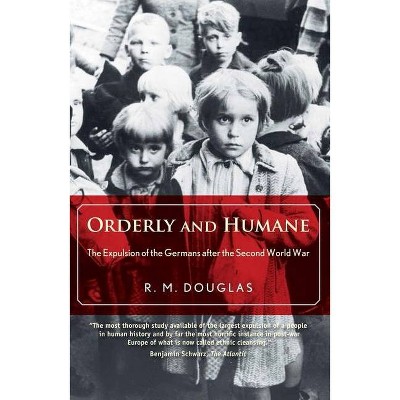
Similar Products
Products of same category from the store
AllProduct info
<p/><br></br><p><b> About the Book </b></p></br></br><P> More than 12 million German-speaking civilians in Europe were driven from their homes in the wake of WWII, yet barely anyone noticed or remembers<p/><br></br><p><b> Book Synopsis </b></p></br></br><p><b>More than 12 million German-speaking civilians in Europe were driven from their homes in the wake of WWII, yet barely anyone noticed or remembers</b> <p/> Immediately after the Second World War, the victorious Allies authorized and helped to carry out the forced relocation of German speakers from their homes across central and southern Europe to Germany. The numbers were almost unimaginable--between 12,000,000 and 14,000,000 civilians, most of them women and children--and the losses horrifying--at least 500,000 people, and perhaps many more, died while detained in former concentration camps, while locked in trains en route, or after arriving in Germany exhausted, malnourished, and homeless. This book is the first in any language to tell the full story of this immense man-made catastrophe.</p><p>Based mainly on archival records of the countries that carried out the forced migrations and of the international humanitarian organizations that tried but failed to prevent the disastrous results, <i>Orderly and Humane: The Expulsion of the Germans after the Second World War</i> is an authoritative and objective account. It examines an aspect of European history that few have wished to confront, exploring how the expulsions were conceived, planned, and executed and how their legacy reverberates throughout central Europe today. The book is an important study of the largest recorded episode of what we now call "ethnic cleansing," and it may also be the most significant untold story of the Second World War.</p><p/><br></br><p><b> Review Quotes </b></p></br></br><br>This is an important book, deserving of the widest readership.--Max Hastings, <i>Sunday Times</i> <p/>"Douglas provides a fascinating glimpse of the backstage of the Nazi war effort, as hundreds of thousands were shifted from Poland and the Baltic states as part of a forced Germanisation policy that sheer lack of preparation doomed to failure."--Benedicte Williams, <i>Budapest Times</i> <p/><p>"This important, powerful, and moving book should be on the desk of every international policymaker as well as every historian of twentieth-century Europe. Characterized by assured scholarship, cool objectivity, and convincing detail, it is also a passionate plea for tolerance and fairness in a multicultural world."--Richard J. Evans, <i>New Republic</i></p> <p/>"R.M. Douglas has written a serious book that deserves the serious commitment it takes to read it."--John B. Saul, <i> Seattle Times</i> <p/>"[T]he most thorough study available of the largest expulsion of a people in human history . . . [a] scrupulous reconstruction . . . authoritative."--Benjamin Schwarz, <i>Atlantic</i> <p/>"Douglas, a historian at Colgate, offers the most thorough study available of the largest expulsion of a people in human history and by far the most horrific instance in post-war Europe of what is now called ethnic cleansing: the forcible transfer of at least 12 million ethnic Germans, mostly women and children from Eastern and Central Europe in the aftermath of the Second World War. The result is an authoritative analysis of an episode that, contrary to McCormick's prediction, has utterly failed to penetrate the popular historical memory."--Benjamin Schwarz, <i> Atlantic, </i>Named one of the Books of the Year 2012 <p/>"This is a deeply valuable contribution to the literature and will be the classroom standard for a long time to come."--Andrea Orzoff, <i>Journal of Modern History </i> <p/>Runner-up in the General Non-Fiction category at the 2013 Great Southeast Book Festival <p/>Winner of the 2013 George Louis Beer Prize given by the American Historical Association <p/>Won an honorable mention for the 2012 Association of American Publishers PROSE Awards in the European & World History Category <p/><p>"<i>Orderly and Humane </i>is an outstanding and well-written work that fills a significant gap in books written in English about this large subject and the very period of its compass. It ought to be in every serious American library and should be required reading for scholars interested in the history of the end of the Second World War and the years thereafter in Europe."--John Lukacs, author of <i>The Future of History </i>and <i>Five Days in London, May 1940</i></p> <p/><p>"R.M. Douglas has written a fair-minded, deeply researched and courageous book that carefully demystifies the claims and accusations surrounding the awful history of the expulsion of the ethnic Germans from Eastern Europe. A first-rate work, <i>Orderly and Humane</i> compels us to admit that the postwar expulsions were not simply a regrettable accident but a deliberate policy of ethnic cleansing on a breathtaking scale that decisively shaped postwar Europe's history."--William I. Hitchcock, author of <i>The Bitter Road to Freedom: The Human Consequences of Allied Victory in World War II Europe</i></p> <p/><p>"The tragedy of the post-World War II ethnic German refugees and expellees has been told before but no account is based on so many original documents from so many countries as Douglas's eminently readable work."--Istvan Deak, Columbia University</p> <p/><br><p/><br></br><p><b> About the Author </b></p></br></br>R. M. Douglas is associate professor of history, Colgate University. He lives in Hamilton, NY.
Price History
Price Archive shows prices from various stores, lets you see history and find the cheapest. There is no actual sale on the website. For all support, inquiry and suggestion messages communication@pricearchive.us



